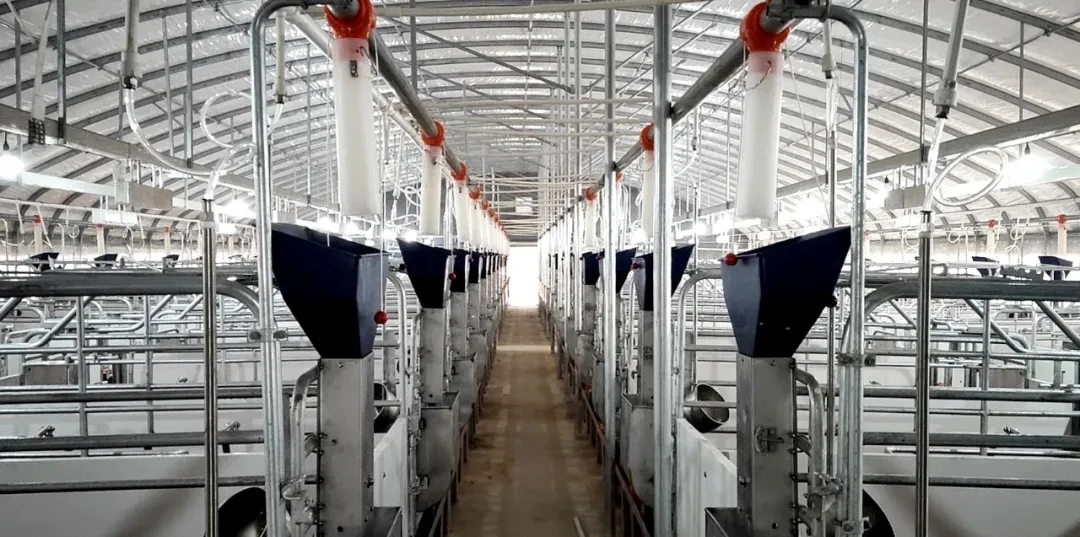Efficient Sheep Feed Pellet Production Machine for Optimal Livestock Nutrition
Nov . 06, 2024 08:03 Back to list
Efficient Sheep Feed Pellet Production Machine for Optimal Livestock Nutrition
The Advantages of Using a Sheep Feed Pellet Machine
In the rapidly evolving agricultural sector, the need for efficient and effective animal feed production methods is paramount. The sheep feed pellet machine has emerged as a vital tool for farmers and feed manufacturers striving to produce high-quality feed pellets. These machines not only streamline the feeding process but also enhance the overall nutritional value of the feed, promoting better health and productivity in sheep. This article delves into the various advantages of employing a sheep feed pellet machine in sheep farming.
Enhanced Nutritional Value
One of the primary benefits of using a sheep feed pellet machine is the enhanced nutritional value of the feed produced. Pelleting involves compressing feed ingredients under high pressure and temperature, which can help to improve the digestibility of the feed. The process also minimizes the loss of nutrients typically associated with traditional feed forms. Nutrients such as vitamins, minerals, and amino acids become more bioavailable, allowing sheep to absorb them more efficiently. As a result, livestock producers can expect healthier animals with improved growth rates and reproductive performance.
Improved Feed Conversion Efficiency
Feed conversion efficiency is a critical factor in livestock production, as it directly impacts profitability. Sheep that consume pelletized feed tend to show better feed conversion ratios compared to those fed loose or unprocessed feeds. This is largely due to the uniformity and consistency of pellet size and composition. When sheep eat pellets, they experience reduced sorting behavior, which leads to a more balanced diet intake. As a result, farmers can achieve better weight gains and reduce feed costs, translating to increased profitability.
Waste Reduction and Environmental Benefits
Using a sheep feed pellet machine can significantly reduce feed waste. With traditional feeding methods, a notable percentage of feed may be left uneaten and subsequently wasted, leading to increased costs and environmental concerns. Pellets are easier for sheep to consume without excessive spillage, thus minimizing waste. Furthermore, the compact nature of the pellets allows farmers to store feed more efficiently, reducing the space required and contributing to lower greenhouse gas emissions associated with feed production and storage logistics.
sheep feed pellet machine

Versatility and Customization
Sheep feed pellet machines are versatile and can be customized to produce various types of feed pellets tailored to specific livestock nutritional needs. By altering the raw materials used for pelleting and adjusting the machine settings, farmers can create specialized diets that cater to their flock’s age, weight, health status, and production goals (e.g., wool, meat, or milk). This flexibility enables sheep producers to respond to changing nutritional requirements and market demands.
Cost-Effectiveness
Investing in a sheep feed pellet machine can lead to long-term financial gains for sheep farms. While the initial capital outlay might seem substantial, the return on investment comes from reduced feed costs, improved productivity, and lower labor costs associated with manual feed mixing and distribution. Moreover, the ability to create custom feed formulations allows producers to take advantage of various low-cost ingredients, making their feeding operations more efficient and economically viable.
Automation and Labor Savings
Modern sheep feed pellet machines often come equipped with automation features that streamline the feed production process. Automated systems reduce the labor required for feed preparation, allowing farmers to allocate their workforce to other critical farm operations. This automation not only saves time but also ensures consistent and reliable feed production, crucial for maintaining animal welfare and productivity.
Conclusion
In conclusion, a sheep feed pellet machine represents a significant advancement in the way sheep feed is produced and distributed. By enhancing the nutritional value of feed, improving feed conversion efficiency, reducing waste, and offering customization options, these machines contribute to more sustainable and profitable sheep farming practices. The initial investment is offset by long-term savings and increased productivity, making it a worthwhile consideration for any serious sheep producer. As the agricultural sector continues to evolve, embracing innovative technologies like the sheep feed pellet machine will undoubtedly play a crucial role in meeting the demands of modern livestock production.
-
Hot Sale 24 & 18 Door Rabbit Cages - Premium Breeding Solutions
NewsJul.25,2025
-
Automatic Feeding Line System Pan Feeder Nipple Drinker - Anping County Yize Metal Products Co., Ltd.
NewsJul.21,2025
-
Automatic Feeding Line System Pan Feeder Nipple Drinker - Anping County Yize Metal Products Co., Ltd.
NewsJul.21,2025
-
Automatic Feeding Line System - Anping Yize | Precision & Nipple
NewsJul.21,2025
-
Automatic Feeding Line System - Anping Yize | Precision & Nipple
NewsJul.21,2025
-
Automatic Feeding Line System-Anping County Yize Metal Products Co., Ltd.|Efficient Feed Distribution&Customized Animal Farming Solutions
NewsJul.21,2025






